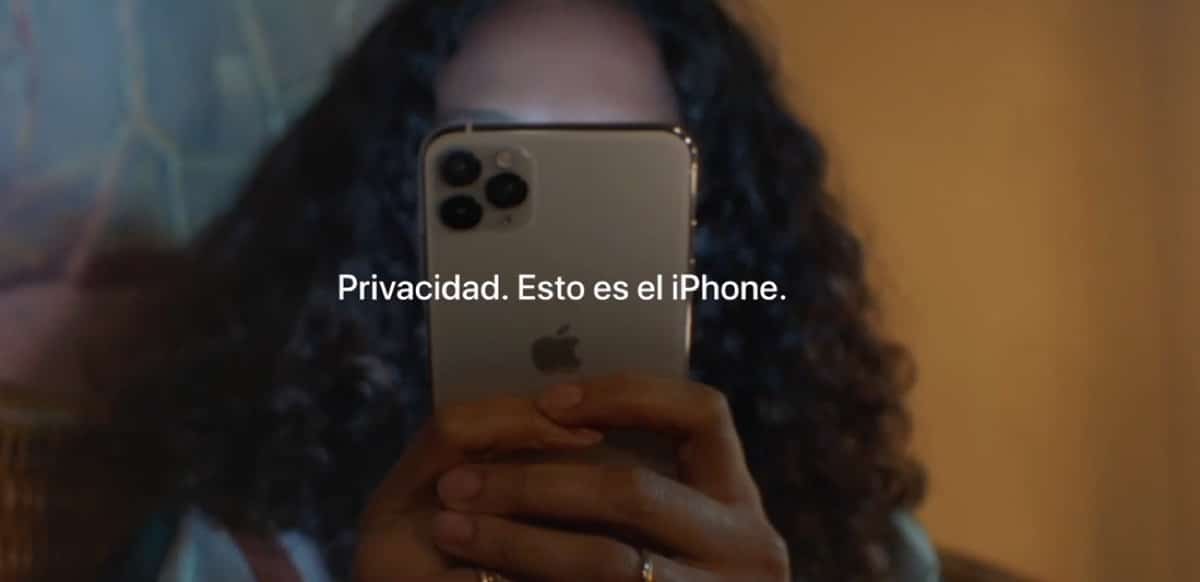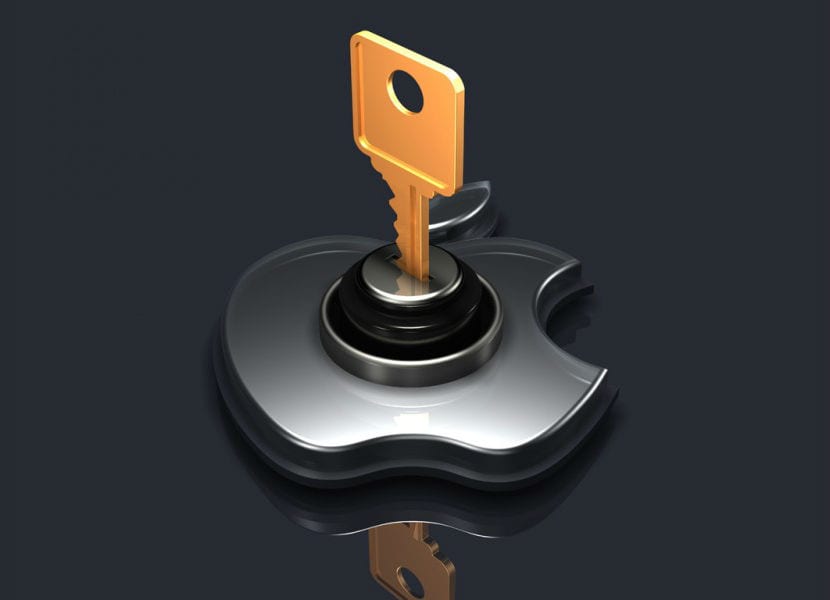
We understand privacy as the ability that we each have to control our personal information, data or files. And controlling it means being able to decide with whom we share it and with whom we do not. Well, until the arrival of the Internet, although also with some problems, privacy was something much more controllable. But now things have gotten complicated. And that happens because when we sail we leave a trail that not only companies want to continue, but sometimes also people with worse intentions.
Security does not depend on the type of computer or smartphone you haveTherefore, it does not matter if you have an iPhone, a Mac or a device from any other brand. We are all exposed to cyberattacks, identity theft, and other types of privacy-related problems. For example, a very common one is the theft of bank details when we make a purchase online, something very common these days. For this the best is adopt measures that help us protect our identity.
How to protect yourself on the Internet

- Using a VPN. Download the best VPN (virtual private network) and activate it in your browser, especially if you browse on a public Wi-Fi network (like the library or a coffee shop). If you use a VPN, all the traffic you generate will be encrypted, and therefore, it will be much more difficult for someone to access your data. It is a really useful tool, and it doesn't hurt to have it installed.
- Customize your Wi-Fi network. The best thing is that you customize the Wi-Fi network, because the data and the configuration that come by default is not at all secure, it can be easy to find. For this, first of all change the password, change the name of the router or you can even add a WPA2 encryption.
- Use strong passwords. Sometimes it seems like a nightmare to create a password for a new site, as they ask us for many features. Well, this is not to annoy you, but for your safety. The best thing is that it has more than six characters, that it includes some special character (if possible), uppercase and lowercase i. And if it can be, create a different password for each site, to protect the others in case one has been attacked.
- Review the privacy terms of your social networks. When you create a new profile, you want to say yes to everything without reading the conditions. Well, the best thing is that you review the privacy terms of all social media accounts. In some cases you can choose the degree of privacy. If you decide to be very lax at least it is because you have decided that way. But it is important to know how protected you are. With this you can decide who can access your content and who cannot. We also advise you to review the privacy policy from time to time, as sometimes there are terms that change.
- Clean your accounts. Surely by now you already have a profile creating on many more web pages and platforms than you imagine. Well, just like at home, from time to time it is good to put order and clean up. To do this, by checking your email, you will be able to remember in which pages you are registered, delete the accounts that you do not use and keep the necessary ones. It is the way to erase your personal data from the sites where you do not want to use it.
- Close the sessions. This is very typical of leaving the sites without logging out. Well, it seems silly but it is very important to do it. If it is not easier for other people with bad intentions to have access to your data. Also apply it to your social networks.
- Avoid posting more than the account. 100% security does not exist, if we use the Internet we are always exposed. Therefore, if you want to protect yourself, it is best to share little personal information. This is difficult today, but you can try for example social networks. Above all that information that you would not like third parties to have. Take maximum care of what you post.
- Watch who offers your data. And above all, trust the web pages that you know or that respect the RGPD and the LOPD, information that you will find easily on their website, if they do not have it, suspect. Do not offer personal data or bank details to web pages that you do not know that you cannot trust.
- Payment gateways. Sometimes when we buy online, while we pay, we must expose ourselves to a payment gateway, that is, to a page that asks us for information to carry out the transaction (such as the code of a card or the code of an SMS that our bank gives us. commands). It is very useful for our security.
Privacy is essential on the Internet. Our browsing leaves a trace, especially considering the amount of data we provide when we create accounts or when we use our bank details. For this reason, whatever computer we use, it is essential to take measures to protect ourselves against this exposure.
